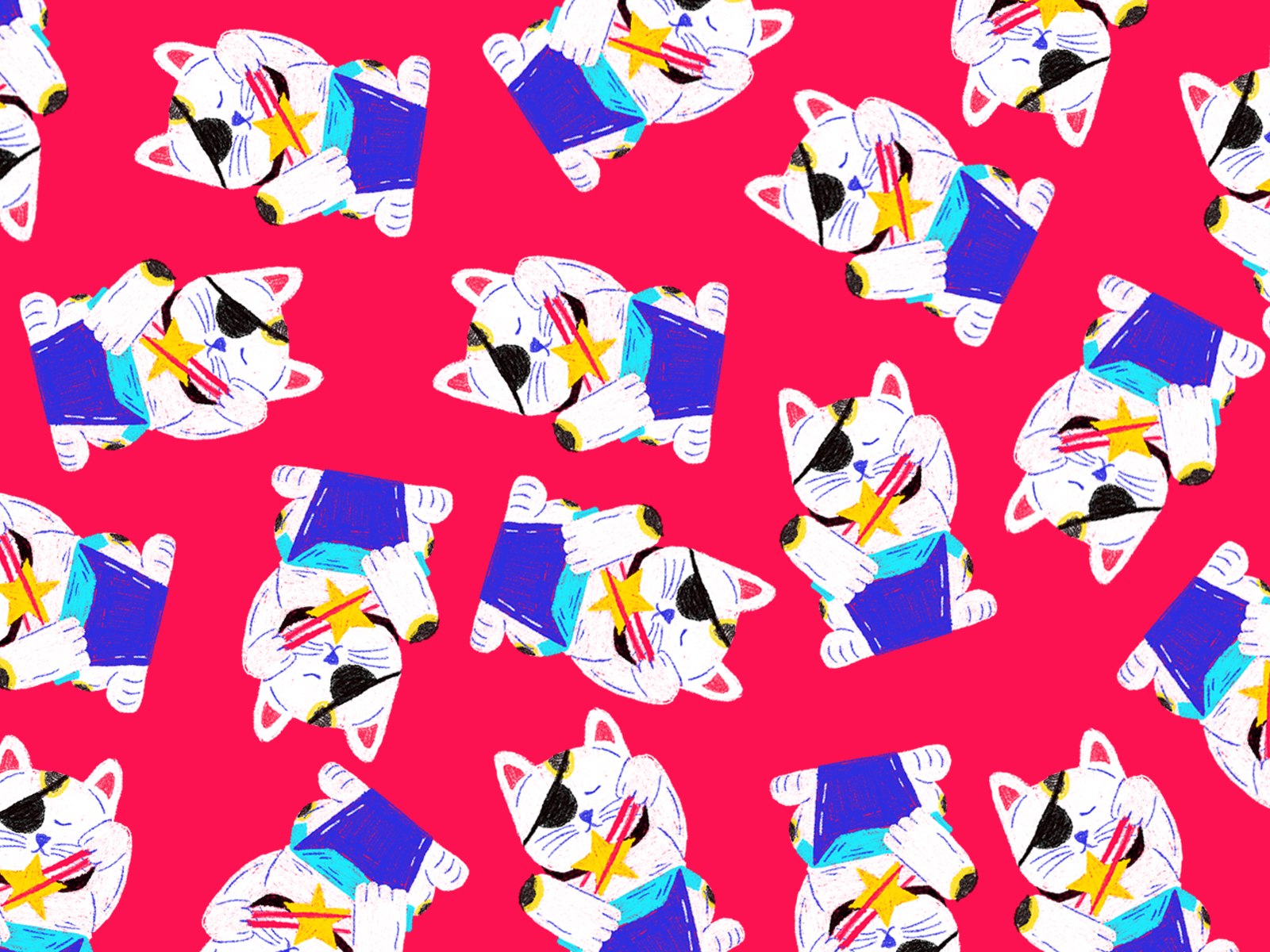As Europe kicks the Russian Bear out, a less aggressive panda appears in the background. Europe-China relations have existed before, but now it seems Beijing wants what Moscow had to leave here.
Marriage in silk
Europe and China did not find each other because of the decline of Russian commercial activities. The Silk Road is one of the most significant and symbolic historical trade routes that started to connect China and Europe long before Jesus Christ was born. In its millennia-long history, the 8,000-kilometre trade route has transported virtually everything: silk, tea, spices, porcelain, gold, gemstones, technology, languages, and deadly diseases.
China did not welcome European merchants in the Middle Ages and in the early modern period, as they were only allowed to enter specific trading cities, such as Canton (Guangzhou). Still, Europeans were essential for China, as thousands of tons of tea were shipped to England alone each year, creating a significant silver shortage in Britain. To solve this problem, Britons began to smuggle opium to the Asian country, which finally led to the First Opium War in 1839. The war ended in 1842 with the Treaty of Nanking, which ceded Hong Kong Island to the British Empire and started China’s integration into the globalized world.
The EU, the European countries, and China were not interested in each other for a long time. They were not priorities for each other’s foreign trade policy due to the Cold War and the undeveloped Chinese trade capacities. But from the mid-1980s to the mid-1990s, trade between the two sides suddenly tripled. Recently China started to rely increasingly on Europe in its trade war against the United States. Still, ideological differences have never allowed Brussels and Beijing to ally.

Europe has always been skeptical of China
Both Europe and China aim to increase their influence on global politics in the post-Cold War era. It is no secret that Beijing wants to replace the US-led unipolar world with a multipolar world order, and China needs Europe to fulfill its long-held dream. But the Western reaction to the Tiananmen Square massacre and the arms embargo on China, among other things, prevent a prosperous relationship. The embargo has been reviewed many times, and Brussels and Beijing negotiated about its removal, but it did not happen yet.
China and Europe would strengthen ties if international politics were driven by realpolitik and the countries’ foreign policies were determined by their own interests without any ideological influences. But, in reality, ideological differences hamper them from engaging with each other. The EU has repeatedly criticized Beijing’s authoritarianism, which is incompatible with the current Western political philosophy.
If Russia succeeds in invading a sovereign country, China might be emboldened to attack Taiwan. But the threat to Taiwan is only the tip of the iceberg; what has happened in Hong Kong in recent years can warn Europe. The handover of Hong Kong in 1997 meant that the region’s sovereignty was transferred back from the United Kingdom to China with a few conditions. According to the „one country, two systems” constitutional principle, Hong Kong enjoys more rights than other Chinese regions, such as freedom of expression or an independent judicial system. But since 2020, this principle has been severely violated, as, for instance, Hongkongers’ freedom of expression has been significantly limited by new legislation. The Chinese government's anti-democratic steps led to protests in Hong Kong and had huge international repercussions.
The EU condemned what had happened and somewhat alienated the two sides politically. But in the absence of more serious sanctions, many critics felt that Europe had not taken a strong enough stand on Hong Kong’s freedom. Yet the Hong Kong protests have not been the only event in recent years that negatively affected Europe-China relations. The European Union has referred to China as a „systematic rival” since 2019, thus, indicating disapproval of Beijing’s authoritarian governance techniques.
China-United States relations deteriorated under Donald Trump’s presidency. The former president referred to the new coronavirus as the „China virus” and launched a trade war against the giant country in the Far East. As a result, Huawei, the market leader in Android phones then, had to develop its own operating system because Google, the American company that develops Android, was not allowed to trade with the Chinese tech giant anymore. Europe might further drift away from China after Washington’s clear actions.
The Cooperation between China and Central and Eastern European Countries, the former 17+1 initiative, is started to collapse. The region is essentially dwarfed by China, but the new Silk Road Economic Belt initiative would recreate the Chinese trade routes in Central and Eastern Europe (CEE). As CEE countries are less developed than their Western European counterparts, China could economically exploit the region. But there have been fierce disagreements in the former 17+1 initiative in recent years. In 2021 Lithuania decided to leave the cooperation due to economic reasons and Vilnius’ condemnation of Beijing’s aggression towards Taiwan. In 2022 Estonia and Latvia also exited the format.

But money talks after all
Despite the issues mentioned above, China and the EU have extensive trade relations. In 2020, China was the EU's third-largest trading partner, but by 2021 it took the lead. And China’s most important partner is also the EU. Voices in Europe that warn of overdependence are becoming increasingly stronger. And the fears are not unfounded. Europeans could realize in recent years that long, complex, seemingly efficient supply chains can break down very quickly. They are vulnerable, and much smaller events can disrupt them than a pandemic or a war: just think of the 2021 Suez Canal obstruction when the Ever Given container ship blocked the essential waterway.
Europe has been highly dependent on Russian gas. We can all experience this with the skyrocketing energy prices that now sometimes cost 8-10 times more than before the crisis. So, it is no wonder Europe wants to minimize its intercontinental energy dependence. But actions do not always follow words. Although the EU collectively condemns China’s authoritarian ideology, the most powerful and populous member state, Germany, has many ties with China. German Chancellor Olaf Scholz visited Beijing in early November to discuss COSCO’s (Chinese state-owned shipping and logistics services supplier company) investment in Hamburg’s port, including acquiring a significant stake in one of the terminals.
Moreover, China is one of the biggest markets for Germany’s automotive industry: one in three German cars is sold there. And this figure is unlikely to decrease as the Chinese economy is growing steadily, and the number of cars per capita is still relatively low in the country with more than 1.4 billion inhabitants. So, German experts stress that China means a huge potential for Germany’s industry, and it would be a mistake not to exploit the opportunities. The focus of the discussion is not on Berlin’s overdependence on China.
It is improbable that the German car industry will leave China in the future. BMW will stop the production of its MINI in the UK and probably relocate it to China. In addition, the German automotive giant invests another $1.4 billion to expand its high-voltage battery production in the Far East country. In fact, approximately one-third of European investment is linked to the automotive sector, with Volkswagen, BMW, and Mercedes-Benz being the most important investors. This is inevitably a massive figure. European investment in China grew by 123% in one year, so it would be difficult to argue that European investors should exit the Chinese market.

Globalization is a European value
Critical voices call for Europe to distance itself from the increasingly authoritarian Chinese government. In response, Olaf Scholz only said that the EU is a proud advocate of international trade and refuses to support deglobalization. The chancellor seems to be trying to push economic interests into the ideological domain. But from an ideological point of view, it is questionable where China belongs regarding European values. Latvian Prime Minister Krišjānis Kariņš is not against meetings and negotiations with Chinese representatives either, but he believes Europe must be sure that China is on the right side of history. Kariņš also stressed that it is crucial that the EU negotiates with Beijing as a whole and not the member states do it separately.
Deglobalization does not seem likely yet, but recent years posed several severe challenges to global supply chains. Although the data of recent years show that trade between neighboring countries has grown, we should refrain from drawing any far-reaching conclusions from these figures. So, the questions remain: Will supply chains become shorter? Is globalization in decline? Will local production be more important in the future? The ongoing Russo-Ukrainian war perfectly illustrates that events disrupting global supply chains can happen anytime. In 2022 supply of basic foodstuffs such as wheat or sunflower oil is at risk. One-third of the planet’s wheat production comes from Russia and Ukraine, while the figure is even higher, 75%, for sunflower oil.
The idea that China could make arbitrage regarding Russian gas is increasingly discussed in light of supply chain breakdowns. Due to the war, China’s Russian gas imports almost doubled from 2021 ($20 billion) to 2022 ($35 billion). The partial loss of the European market is a tragedy for the Russian economy, but it seems that Beijing can be Moscow’s new partner to substitute Europe. Nonetheless, Russia cannot be over the moon as it increasingly depends on China. China-Russia relations are already cooling, as Russia sells energy to China at very low prices, Chinese companies are leaving Russia in droves, and Beijing maximum verbally supports Vladimir Putin while it takes over Moscow’s sphere of influence in Central Asia.
Europe is facing complex challenges. In today’s globalized world, it is impossible to ignore such a huge player as Russia. Even if we try, we might soon realize that other actors might not be better. It is not hard to see the similarities between Russia’s aggression against Ukraine and China’s oppression of Hong Kong or threat to Taiwan.
Graphics: Roland Molnár

Biodesign that can reshape the future l TOP 5

130-year-old dwelling turned into a splendid forest cabin in the heart of the Czech mountains










